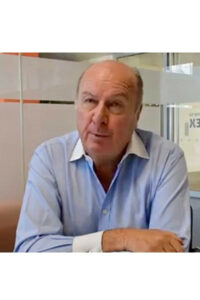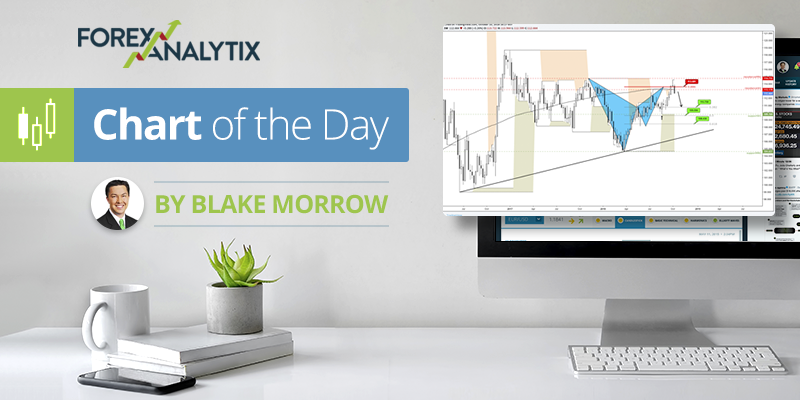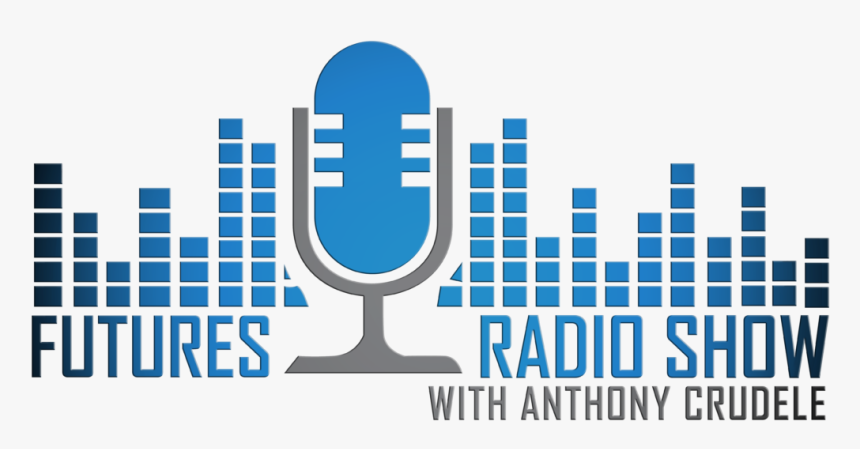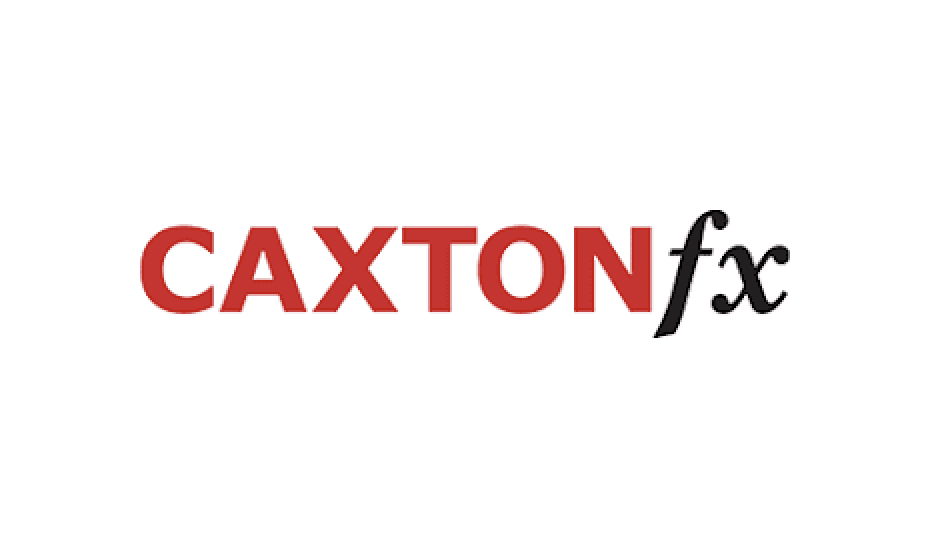Phew, That Was a Week That Was!

Phew, That Was a Week That Was!
It’s not often that you get to the end of the week and look back and say to yourself about the markets, ” did that really happen “.Well, it did. Markets in currencies, bonds and equities shifted up and down violently as if a lunatic was in control of a lift. As we suggested at the beginning of last week, the reverberations from the demise of the small but important regional bank SVB would be felt far and wide. Despite a bailout, pressure mounted on the banking system worldwide. It would be a brave man who suggested any different systemic failure has been avoided. Credit Suisse, one of the 30 most important banks in the world, came under enormous pressure and merged with UBS. With such strains pushing and pulling the banking system, it is no wonder that traders switched from trading on interest rate differentials to focusing on safety and risk. As expected, the dollar and yen were the primary beneficiaries; even the good old pound found some fans.
Speculation during the week also surrounded what Central Banks would say and do to avoid deepen ending the crisis. The ECB was the one that got the opportunity to act and speak directly with the Fed, and the BoE were silent due to their blackout periods. The ECB had promised to deliver a 50bp hike, and it was as good as its word despite speculation that they would scale the size of the hike back if not dispense with one altogether. As important was the press conference from Christine Lagarde, who unusually delivered an assured performance. During the press conference, she declined to give any forward guidance on rates, which was seen as a slight negative for the euro, but at least she didn’t upset the markets, which is always a concern when she takes to the rostrum. Her message, unlike last month, was clear, and it was that the ECB’s focus remains on inflation. As if to reinforce the underlying hawkishness of the ECB, several of its policymakers came out restating the case for higher rates last Friday and Saturday.
Putting aside mounting geo-political concerns between Russia and the West whilst hoping that there are no more bank runs, the coming week will focus on the meetings of the U.S. Federal Reserve and the Bank of England. First out of the starting blocks will be the US Federal Reserve which concludes its two-day meeting on Wednesday. After the ECB hiked by 50bp, we still expect the Fed to move by 25bp rather than the 50bp that was baked in before the signs of stress in the banking sector became apparent. Indeed, the increase in the frequency of dollar swap lines may be seen as a precautionary measure to calm markets ahead of any move. Jerome Powell’s demeanour and words at the press conference on Wednesday evening will be as important as the size of the move. With inflation running hot and employment still holding up pretty well, how hawkish Mr Powell sounds and the degree of pushback against the market’s expectations of easing will set the market’s tone. The dot plot of expectations on future moves on interest rates will be interesting, with many observers looking for cuts in the near future. Of course, the Federal Reserve know better than anyone the depth of the problems, so the press conference will be interpreted widely, and hopefully wisely, as a comment on the health of the financial sector.
This side of the Atlantic sees the Monetary Policy Committee of the Bank of England meet on Wednesday with their words of wisdom delivered on Thursday. As we have become accustomed, the actions of the Bank of England are probably the hardest of the central banks to anticipate. The division of opinion on the MPC and an innate inability to communicate makes it exceedingly hard to predict the outcome of their meetings. To be fair, the UK banking sector, certainly compared to our European friends, looks relatively stable. However, due to the cross-border nature of banking, it would be a fool to say that UK Banks have no risk exposure overseas. Ahead of, possibly during the MPC meeting on Wednesday, the ONS will publish the latest UK inflation data, and it’s hard not to expect this to have some impact on the meeting outcome. Hopefully, we will get some good news on inflation, with the headline figure dipping below 10%. However, be that as it may, it is a tough call on what the Old Lady will do with the odds of Base Rate staying at 4% now more like 50-50 as opposed to the near certainty of a further, and probably final, 25bp hike that was the favourite choice of action only a week or so back. With inflation still, nearly five times the target level of the Bank of England leaving rates unchanged could be seen as foolhardy and lead once again to sterling coming under pressure.
20230320












